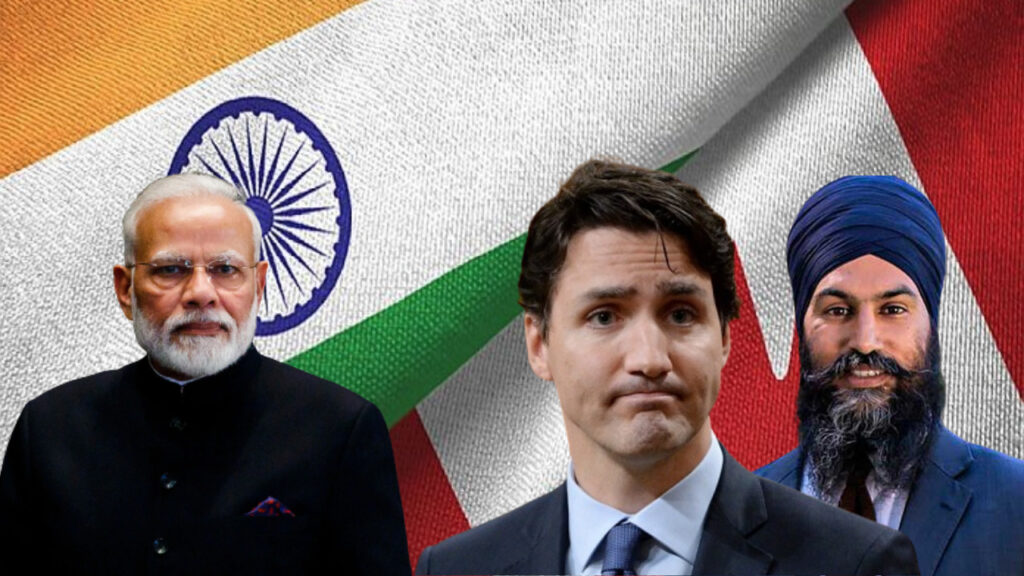Crossing Borders: The Enigmatic Murder and Allegations Shaking International Relations

The central issue under scrutiny revolves around the tragic murder of Hardeep Singh Nijjar, a prominent pro-Khalistan advocate based in British Columbia, Canada. Nijjar held the leadership of the Khalistan Tiger Force, a separatist organization championing the cause of an independent Sikh state known as Khalistan. This murder has ignited a wave of concerns and instigated a flurry of diplomatic interactions
between the involved nations: Canada, Australia, and India.
Australia, a key player in this scenario, has articulated its stance and expressed deep apprehensions regarding the matter. Canadian Prime Minister Justin Trudeau has raised weighty allegations concerning Nijjar’s murder, although the specifics of these allegations have not been publicly disclosed. They seem to revolve around suspicions of foul play or potential external involvement.
Australia’s response underscores its steadfast dedication to the “rule of law” in addressing issues of this nature. Foreign Minister Penny Wong emphasized the nation’s commitment to following established legal procedures and maintaining order when confronting such incidents. Australia’s government has chosen a patient approach, opting to await the conclusive findings of ongoing investigations into the murder before drawing definitive conclusions.
India’s role in the unfolding dialogue is significant. Both Australia and India share a mutual commitment to upholding the principles of the rule of law, underpinning their engagement regarding Nijjar’s murder. India has been actively engaged in diplomatic interactions with various nations, including Australia, the U.S., France, and the U.K. These diplomatic endeavors aim to bolster India’s relationships with Quad member nations and France, which has cultural ties with Canada.
Australia’s global aspirations, articulated by Wong, envision a world marked by “peace, stability, and prosperity.” Achieving this vision necessitates a strategic equilibrium that incorporates contributions from all nations in the Indo-Pacific region, with India playing a pivotal role in maintaining this balance.
Crucially, both Canada and Australia are integral members of the Five Eyes Alliance, a worldwide intelligence-sharing network among Anglo-Saxon nations. This alliance holds implications for intelligence cooperation and the exchange of information on international matters.
Canadian Prime Minister Trudeau’s discussions with prominent Western leaders, including U.S. President Joe Biden, U.K. Prime Minister Rishi Sunak, and French President Macron, have been central to this matter. These dialogues are presumed to center around Nijjar’s murder and the accompanying allegations. However, the certainty surrounding the evidence shared during these communications remains unclear, casting a shadow of uncertainty over the foundation of Trudeau’s allegations.
In summary, this issue is rooted in the murder of Hardeep Singh Nijjar, a pro-Khalistan figure in Canada, and the substantial allegations made by Prime Minister Trudeau. Australia’s response underscores the importance of adhering to the rule of law, India’s active role in the discussions, and the broader context of global diplomacy, intelligence sharing, and the pursuit of a peaceful world.